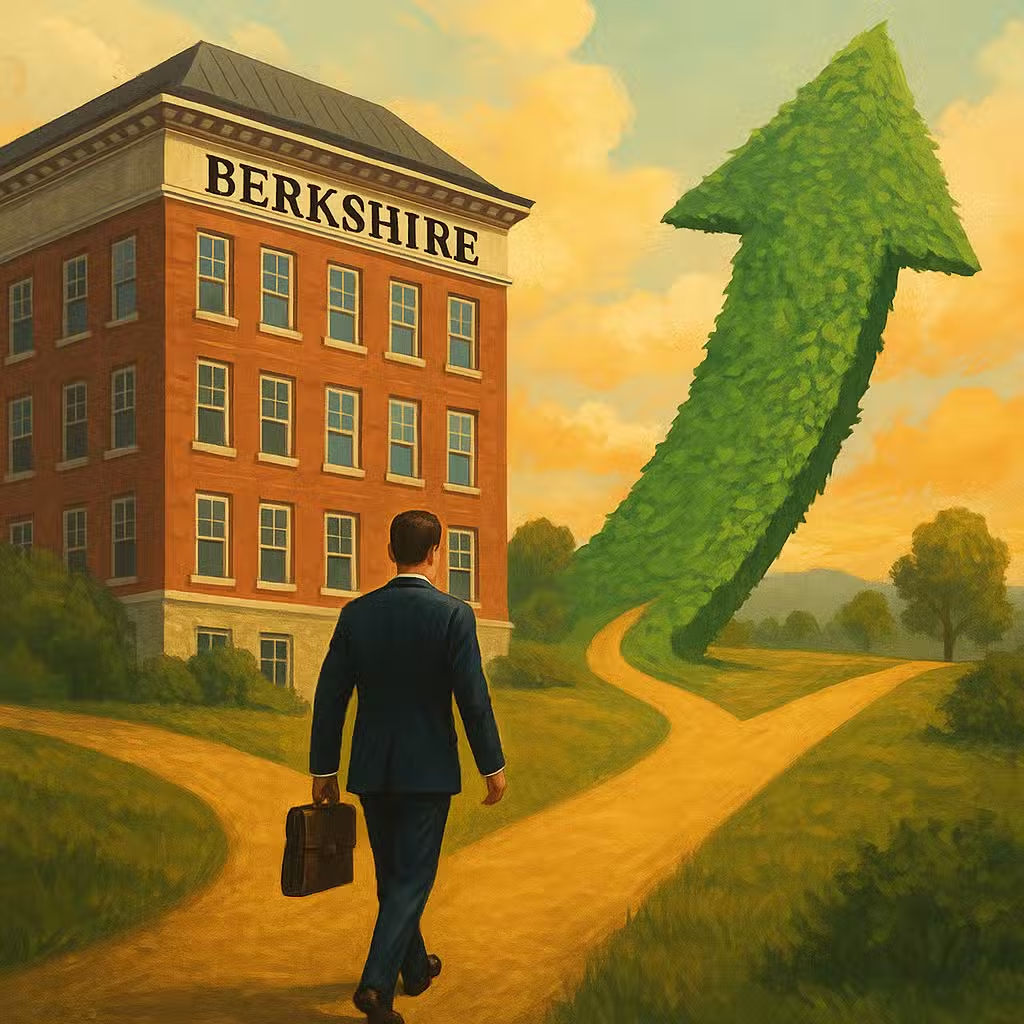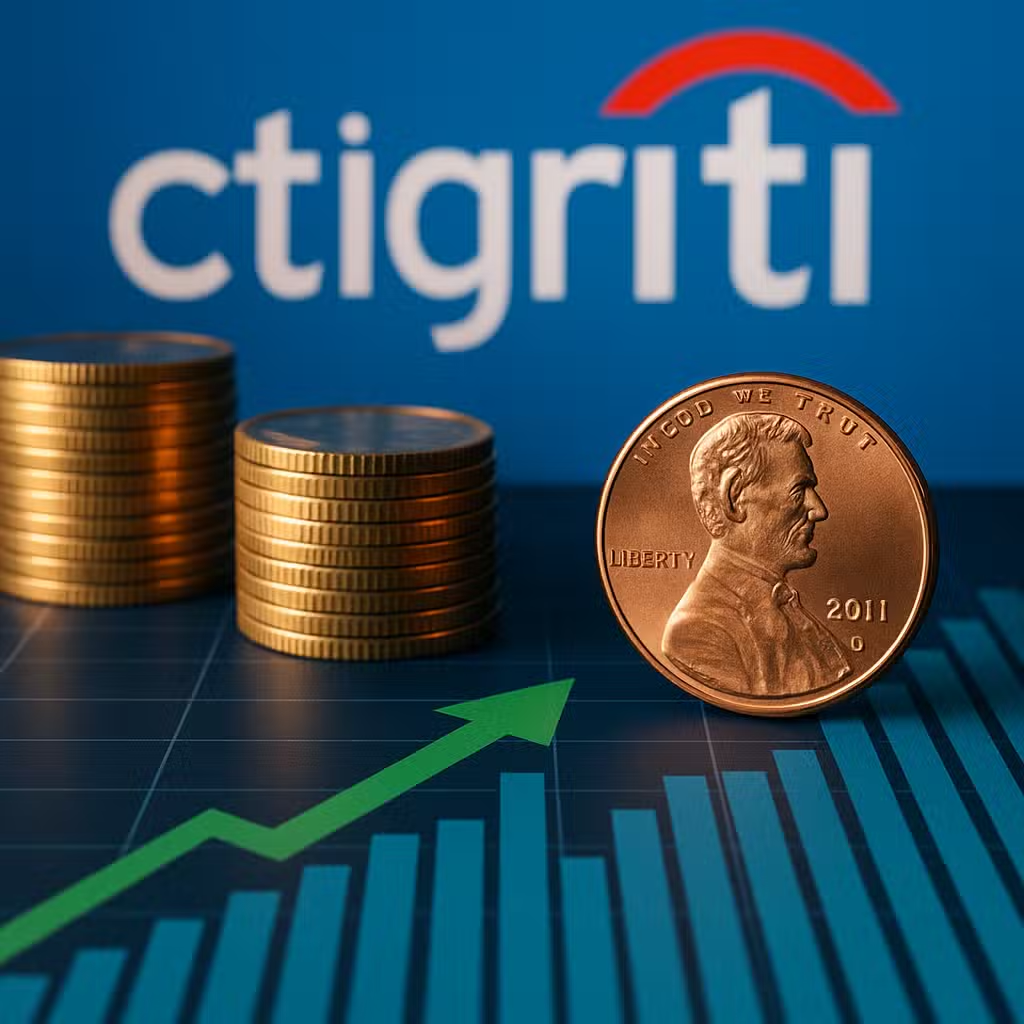Trump’s 50-Year Mortgage Plan May Offer Limited Savings, Key Consideration for Investors
Imagine if your favorite video game suddenly gave you 20 extra lives—it might feel easier, but you’d have to play a lot longer to finish! That’s kind of what’s happening with talk about 50-year mortgages for homebuyers. Let’s break down what this could mean for investors and why it matters to the market.
What’s a 50-Year Mortgage?
President Trump recently suggested letting people pay off their homes over 50 years instead of the usual 30. The idea is that if you take longer to pay, your monthly bill goes down. For example, on a $415,200 home at today’s rates, a 30-year mortgage costs about $2,056 a month. With a 50-year loan, that drops to $1,823—a savings of $233 every month.
But here’s the catch: you’d pay much more in interest over time and build up your home equity a lot slower. In fact, you’d pay lenders about 40% more interest than with a 30-year loan.
Why Investors Should Care
This idea could change the real estate market in several ways:
- More buyers may enter the market because monthly payments get easier.
- Home prices might go up if more people can afford to buy.
- Banks and mortgage investors could see bigger profits from extra interest, but also face new risks.
The average age for first-time homebuyers in the U.S. has jumped from 28 in 1991 to 38 in 2024, according to the National Association of Realtors. That’s a big shift, showing how hard it’s become to buy a home—something that matters for anyone investing in housing or related stocks.
Bull Case: Why a 50-Year Mortgage Could Help
- Lower Monthly Payments: More people could afford homes, which could boost home sales and help the housing market recover.
- Possible Price Growth: As demand rises, so could home values, which helps real estate investors and homeowners.
- New Investment Products: Lenders and investors might create new types of mortgage-backed securities to profit from longer-term loans.
Bear Case: Risks and Downsides
- Slower Equity Buildup: Homeowners pay off their loan much more slowly, so they own less of their house for longer.
- More Interest Paid: Over the life of the loan, buyers pay far more to the bank—about 40% more than with a 30-year mortgage.
- Higher Rates Likely: Longer loans usually mean higher interest rates, especially since there’s no big market for 50-year mortgages yet.
- Market Uncertainty: It could take a year or more for rules to change, and there’s no guarantee investors or banks will jump in soon.
Some experts say this could be like an “interest-only” loan, where you barely chip away at the amount you owe in the early years. And if home prices stop rising—or even fall—buyers could end up owing more than their house is worth, a problem seen in past housing downturns like in 2008 (Federal Reserve study).
What’s Standing in the Way?
Right now, 50-year mortgages don’t meet the legal rules for “qualified mortgages,” which protect banks and investors if things go wrong. Changing those rules could take up to a year and would need Congress to agree. Big investors like Fannie Mae and Freddie Mac might not want to buy these loans unless the rules change, which means banks may not offer them widely.
Some experts also worry that making loans longer could make it even harder to fix problems with affordable housing and might complicate plans to let Fannie Mae and Freddie Mac become private companies again.
Investor Takeaway
- Watch for policy changes—if Congress allows 50-year mortgages, expect more talk about housing affordability and new investment products.
- Monitor housing stocks—homebuilders, banks, and mortgage lenders could see more business if these loans catch on.
- Be cautious with mortgage-backed securities—longer loans mean more interest but also more risk if home prices drop or owners default.
- Don’t ignore the basics—focus on companies with strong balance sheets and diversified portfolios in case the housing market gets rocky.
- Stay informed about rates—if 50-year loans come with much higher rates, the benefit of lower monthly payments could disappear.
For the full original report, see CNBC







